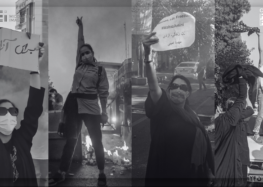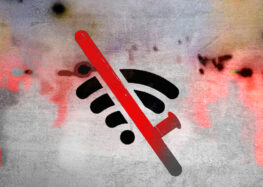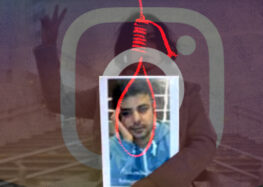Conclusion
In 2013, Reporters Without Borders named Iran one of the world’s five worst enemies of the Internet, along with China, Syria, Bahrain and Vietnam. This report by the International Campaign for Human Rights in Iran has shown that if the Iranian government is able to fully implement the technological initiatives currently underway, the level of Internet control and censorship in the country will further intensify. Most critically, the government’s ability to covertly access and monitor online content will significantly increase, posing grave dangers for individuals engaged in any kind of political or social activism. They will likely face arrest, detainment without access to counsel, possible torture, and subsequent conviction after trials lacking any semblance of due process, on vague national security charges that will put them behind bars for years.
Iran’s description and justification for its Internet-related projects are profoundly misleading. While bandwidth and other technological advances may well be achieved (albeit from an extremely low starting point), and certain applications blocked or encumbered now due to sanctions may well become more accessible to Iranians, this is neither the central purpose nor the principal outcome of its Internet initiatives. Indeed, these justifications serve only to obscure the main objective. Rather, Iran’s National Internet project, its continued filtering activities, and its intensified online monitoring capabilities are aimed at stamping out political or social activism online (or, indeed any independent online expression) and prosecuting those who attempt to engage in it. These projects will allow the government to further control and restrict access to information in Iran, and to monitor all content that flows across the National Internet. These are direct violations of fundamental human rights that are protected by international law and Iran’s own constitution. In 2012, the U.N. passed a resolution recognizing the universal right to Internet access and freedom of online expression, and calling on all governments to ensure access to the Internet by all citizens. Until the domestic context in Iran allows this, the international community must make every effort to alert Iranian society to online vulnerabilities, assist them in the development of technologies that will counter such dangers and repression, urge the Rouhani administration to honor its pledges to defend and promote Internet freedom in Iran, and urgently defend in word and deed the universal right to freedom of expression and access to information.






